Yisrael Biton, a United Hatzalah volunteer who was detained in July 2024 on suspicion of executing a Hamas terrorist during the October 7 massacre, is demanding compensation of half a million shekels from the State for wrongful arrest and defamation.
Biton, a hero who voluntarily left his home on October 7 and spent five days saving countless lives while under fire, was arrested under the direction of State Attorney Amit Aisman in July 2024 on the absurd charge of the “murder of a Nukhba terrorist.”
The case was opened in December 2023. Biton (35), a law‑abiding citizen with no criminal record, was among five “suspects” who were believed to have been involved in the “murder.” In January 2025, State Attorney Amit Aisman announced that the case against the suspects had been closed for lack of guilt.
From the start of the investigation, Biton said that he voluntarily traveled to the Gaza border that day to save lives and assist in fighting the terrorists while carrying his licensed personal firearm.
His attorneys, Tal Gabay and Yehuda Fried, sent a letter on his behalf to the police and the Tel Aviv District Prosecutor’s Office demanding 500,000 shekels in compensation, stating that he was wrongly arrested and interrogated on suspicion of murder—a detention that turned out to be “entirely without legal basis.”
In the letter, submitted about a week and a half ago, they cited a series of serious failures in the authorities’ handling of the case. His lawyers said that the judges at both the Magistrate’s Court and the Tel Aviv District Court found there was no reasonable evidentiary basis against him.
Magistrate Judge Avital Amsalem-Gilboa sharply criticized the investigation’s conduct, and the appellate court ruled that the state’s appeal had been “deficient and flawed.”
“In short, this is a clear case of professional negligence—to put it mildly—which caused our client immense damage (financial and non-financial), stemming from the scandalous decision to arrest him on suspicion of murdering a Nukhba terrorist on October 7,” the attorneys wrote. “This decision, which reverberated across the country, was made with no legal basis. As proof, he was released—in an unusual and perhaps even unprecedented move—at the very first hearing, with sharp criticism from the court. It is no coincidence that the case was later closed for lack of guilt—the facts speak for themselves.”
Instead of being recognized as a hero who saved dozens of lives on October 7, Biton’s lawyers argue, “his name was seared into the public consciousness as a murderer. Simply inconceivable.” They note that even after court rulings, the police and prosecution insisted on continuing proceedings, which severely damaged his reputation. “His name and photo were published as that of a murder suspect, while in reality he was a volunteer who came on his own initiative to the Gaza border area and helped rescue dozens of Israelis,” they wrote.
“Our client found himself humiliated before everyone, handcuffed like a criminal, while in truth he was one of the nation’s heroes.” They demanded that the state pay the compensation within 14 days or face legal action.
The State Attorney’s Office, in announcing the case’s closure in January, said that Aisman decided to drop the case for lack of guilt against all five suspects in the alleged killing of a captured Nukhba terrorist at the beginning of the war.
In an interview with Walla, Biton described the immense suffering he endured. “During my arrest I laughed and smiled because I understood there had been a mistake. I knew I was going to the station and then home. But then they shackled my hands and legs and told me, “Don’t you understand where you are? You’re facing 25 years in prison.’ And you realize—25 years hanging over your head. Not only are they not giving you a medal of honor, but they’re also trying to destroy your life. One of the investigators in the special crime unit told me: ‘You’re facing a 25-year case; wake up and start talking.’ I was in total shock.”
“I felt fear, anger, frustration, and disappointment. I stepped in where the State failed—IDF soldiers who didn’t show up. We risked our lives knowing there was a 98% chance we wouldn’t make it home. And then you find yourself in a cell with thieves and rapists. What do I have to do with that life? I’d never been in a detention cell. I’m not a criminal. In the very place where I contributed and gave the most, I find myself handcuffed? It was incomprehensible.”
When the judge ruled there was no evidentiary basis against him, Biton says it was an unforgettable moment. “It was the moment I broke into pieces. I don’t think I had cried and fallen apart like that since I was a baby. You realize the judge understood what had been done, that someone was looking at you and recognizing your place. Hearing her was like seeing the first glimmer of light at the end of the tunnel.”
He said that the damage continues to affect his life. “Some people will think the prosecution was right, and maybe the case was closed for lack of guilt just because someone didn’t investigate properly. And I find myself constantly explaining the story to those around me—it damaged my work and my personal life.”
“What I experienced that day in the field is a lifelong traumatic experience, like for every Jew in this country. But for me personally, for Yisrael Biton, the state wronged me twice. Without investigating, without checking, they took me—a normative person—and stamped me with a stigma that will follow me all my life.”
“Do you know how they defined me in prison? ‘Suicidal inmate.’ And why suicidal? Because they took an ordinary person and called him a murderer. It feels like they killed me, then told me, ‘Sorry, we made a mistake. You’re free to go.’ What do you mean, a mistake? I’m dying inside. You finished me. This price—half a million shekels, in my eyes—is a lesson the State must learn to pay for its mistake. Not just for me, but for many other fighters who have been or will be arrested in the future, because the State doesn’t stop. If someone in this country can pull warrants out of their sleeve without basis or evidence, then they should bear the cost.”
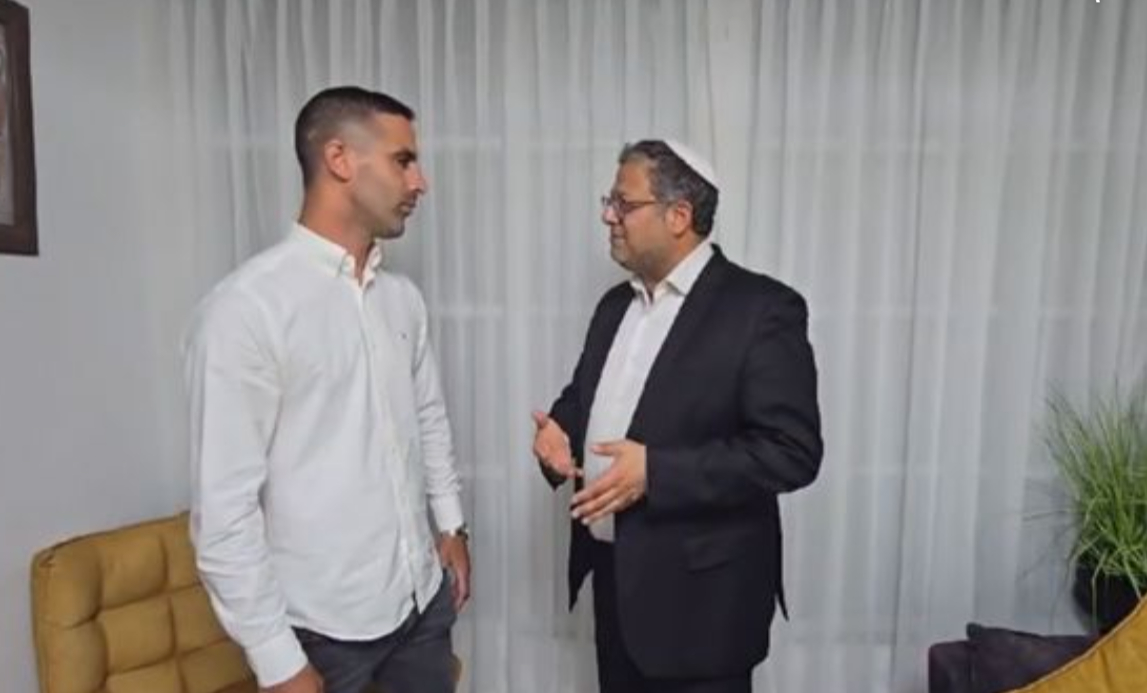
(YWN Israel Desk—Jerusalem)

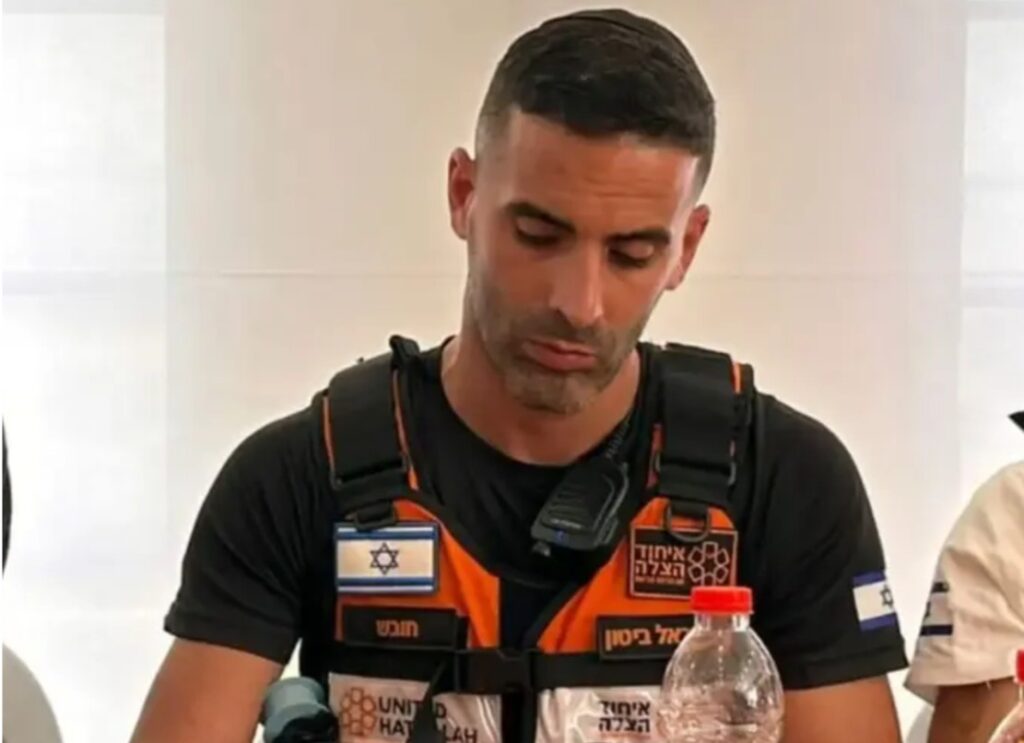

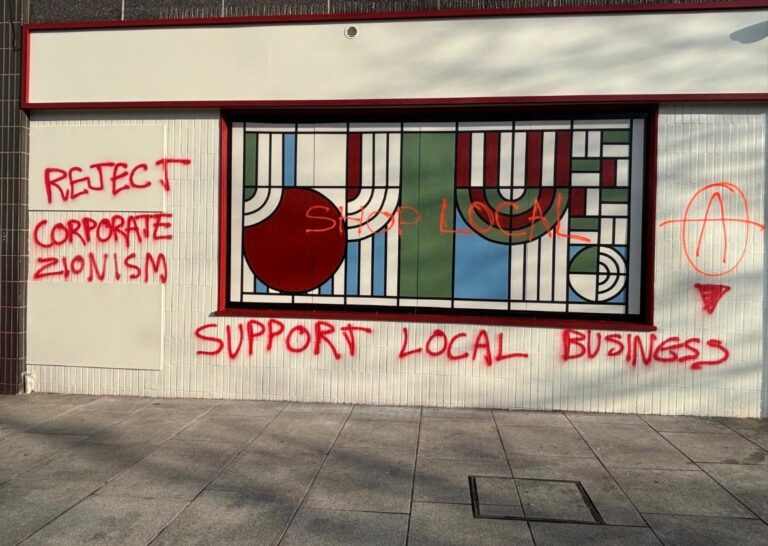
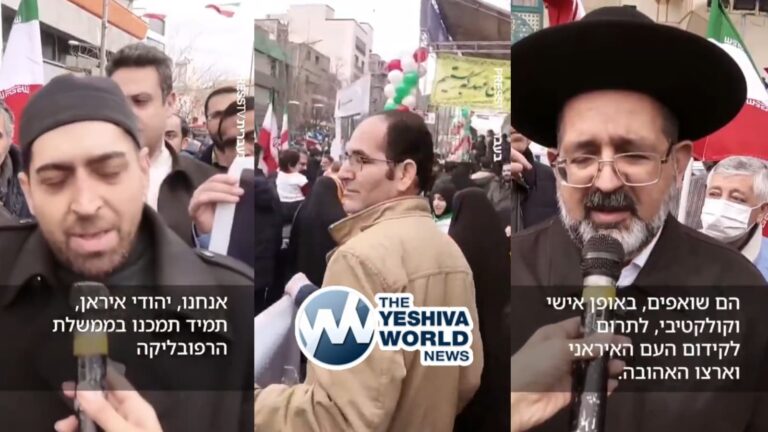
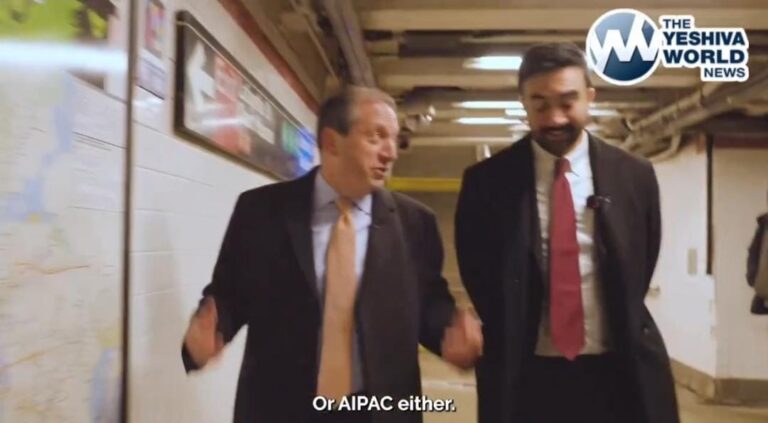
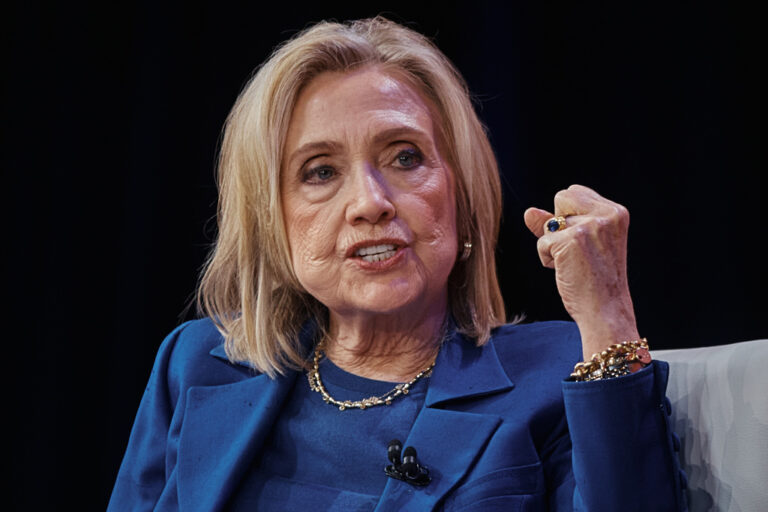
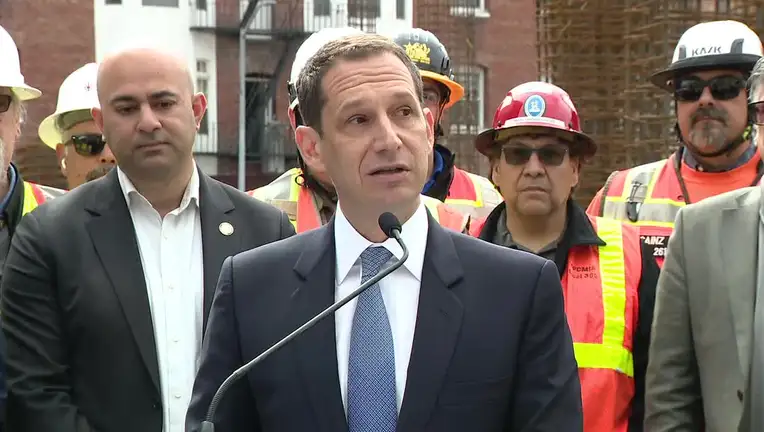

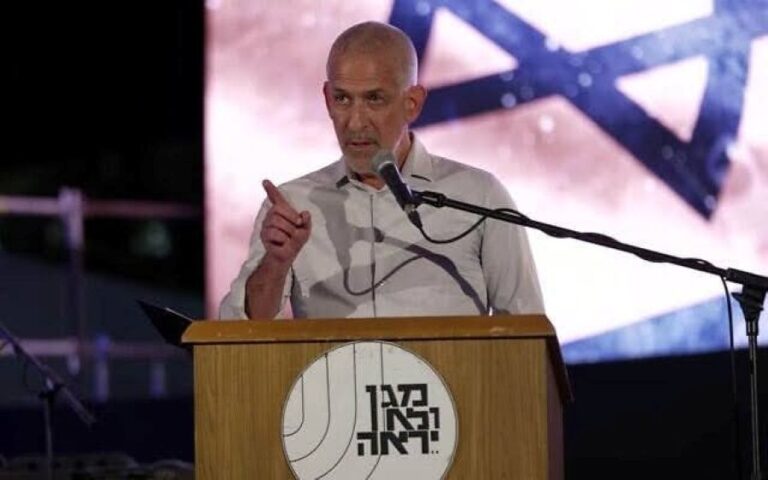


One Response
500,000 shekels?? That’s noth, he should demand 100 Million Shekels